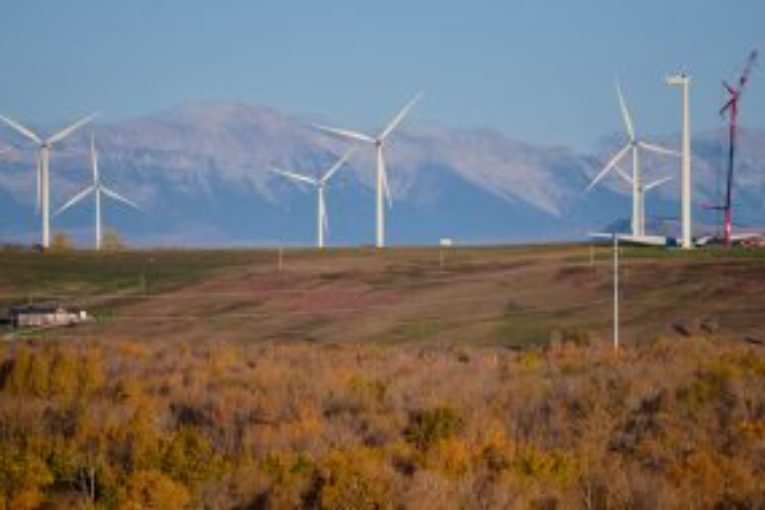
Our neighbours to the south have made a choice: Donald J. Trump will become the 45th president of the United States of America. We’d be lying if we said this didn’t raise concerns about the global fight against climate change and, consequently, the renewable energy industry. Such a major policy shift from our largest trading partner will necessarily have an impact in Canada. But when you take a closer look, Canada’s wind industry has reasons to remain optimistic: the movement towards clean growth and climate action is already well underway, and wind energy is a mature and affordable product.
Of course, the statements made by President-elect Trump during his campaign are far from reassuring. His marked opposition to the Paris Agreement, his climate change denial and his interest in fossil fuels clearly suggest that his decision-making process will not be dictated by concern for the quality of the air we breathe. More specifically, although the President-elect has shown himself to be ignorant of the impacts of wind turbines, he has nonetheless spoken out in favour of all energy sources, including renewables.
However, despite how the President-elect may feel about this, momentum is already strong in the fight against climate change and in the use of renewable energy—stopping it would prove difficult. The Trump administration won’t be able to block state initiatives against climate change and for a shift towards green energy. For example, the new president will be powerless to stop the state of New York’s plan to get 50 per cent of its power from renewable energy sources by 2030 or that of Massachusetts to acquire an additional 9.45 TWh of hydroelectricity and renewable energy.
The President-elect will doubtless be sensitive to the issue of energy costs, and, as we know, wind energy can compete with any other source of electricity generation. As for investments and local benefits, the new president will have to realize that wind energy offers a solution that’s far more advantageous than coal or other fossil fuels could ever be. As Bloomberg analyst Chris Bryant concludes, the new president will not be able to stop the energy revolution or overturn the economic foundations of the energy market.
Canada’s wind industry will be keeping a close eye on developments in the U.S., but it remains confident that wind energy will continue to play an important role south of the border and that Canadian companies will benefit from it. The new political situation changes nothing to the possibility that new wind farms built in Quebec, Atlantic provinces and Ontario may eventually contribute to meeting the goals of northeastern U.S. states.
This major political development in the United States raises many questions, but it doesn’t spell doom for wind energy—far from it. It will remain indispensable thanks to its economic and environmental benefits. And similarly to what happened in Canada in the last decade, it will be up to the federated states to provide strong leadership. Fortunately, they already are.
Featured Photo: Bryan Passifiume/CanWEA
Vice-President of Policy and Communications at the Canadian Wind Energy Association
You can read more of the news on source



